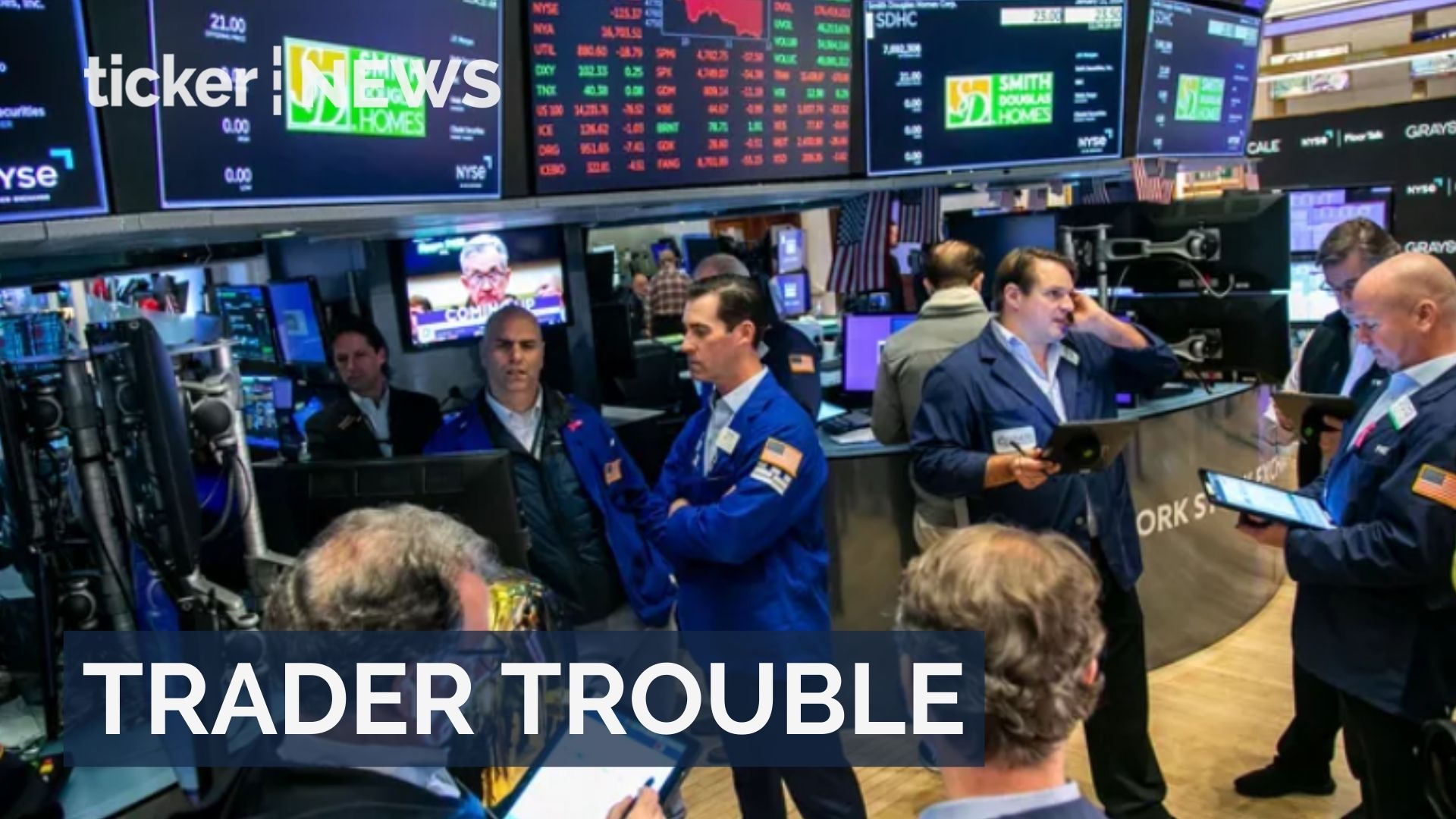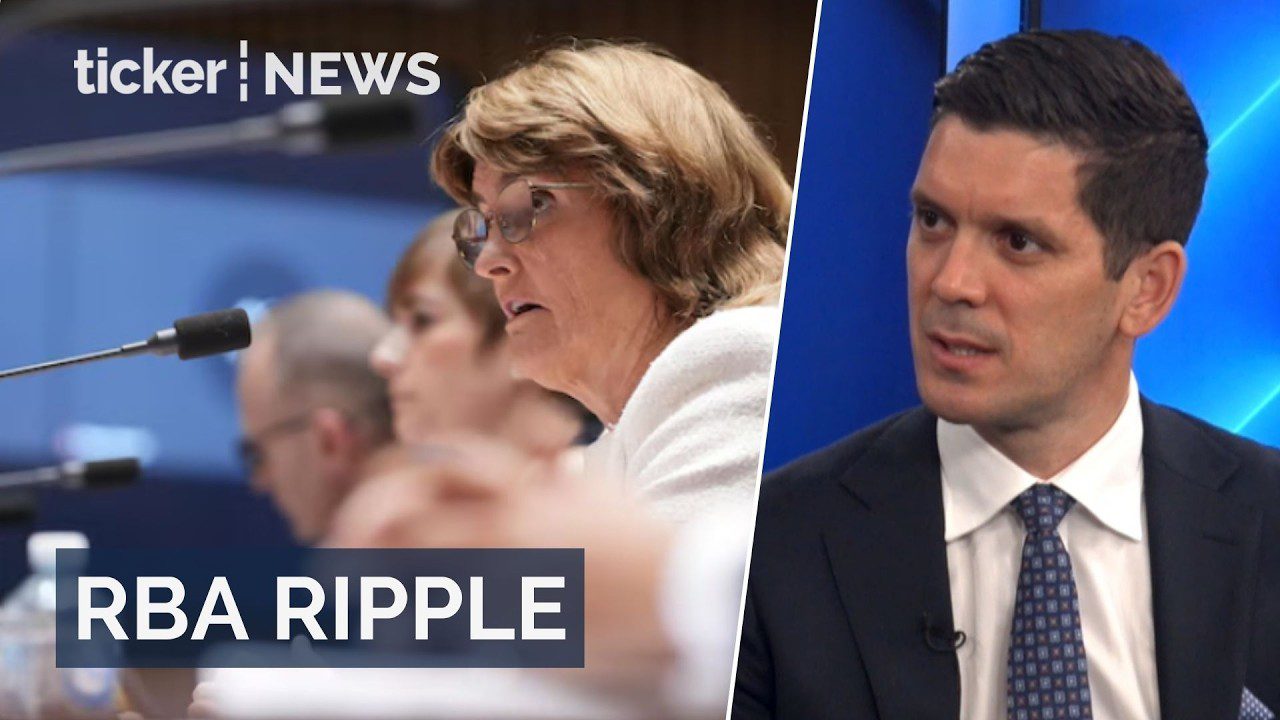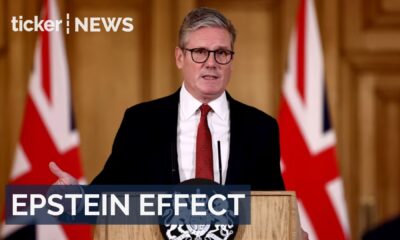Brendan Coates, Grattan Institute and Joey Moloney, Grattan Institute
As debate rages about the federal government’s plan to lift the tax on earnings on superannuation balances over A$3 million, it’s worth revisiting why we offer super tax breaks in the first place, and why they need to be reformed.
Tax breaks on super contributions mean less tax is paid on super savings than other forms of income. These tax breaks cost the federal budget nearly $50 billion in lost revenue each year.
These tax breaks boost the retirement savings of super fund members. They also ensure workers don’t pay punitively high long-term tax rates on their super, since the impact of even low tax rates on savings compounds over time.
But they disproportionately flow to older and wealthier Australians.
Two thirds of the value of super tax breaks benefit the top 20% of income earners, who are already saving enough for their retirement.
Few retirees draw down on their retirement savings as intended, and many are net savers – their super balance continues to grow for decades after they retire.
By 2060, Treasury expects one-third of all withdrawals from super will be via bequests – up from one-fifth today.
Superannuation in Australia was intended to help fund retirements. Instead, it has become a taxpayer-subsidised inheritance scheme.
The tax breaks aren’t just inequitable; they are economically unsound. Generous tax breaks for super savers mean other taxes (such as income and company taxes) must be higher to make up the forgone revenue. That means the burden falls disproportionately on younger taxpayers.
The government should go further
The government’s plan to increase the tax rate on superannuation earnings for balances exceeding $3 million from 15% to 30% is one modest step towards fixing these problems. The tax would only apply to the amount over $3 million, not the entire balance.
This reform will affect only the top 0.5% of super account holders – about 80,000 people – and save more than $2 billion a year in its first full year.
Claims that not indexing the $3 million threshold will result in the tax affecting most younger Australians, or that it will somehow disproportionately affect younger generations, are simply nonsense.
Rather than being the biggest losers from the lack of indexation, younger Australians are the biggest beneficiaries. It means more older, wealthier Australians will shoulder some of the burden of budget repair and an ageing population. Otherwise, younger generations would bear this burden alone.
The facts speak for themselves: a mere 0.5% of Australians have more than $3 million in their super, and 85% of those are aged over 60.
Even in the unlikely scenario where the threshold remains fixed until 2055 – or for ten consecutive parliamentary terms – it would still only affect the top 10% of retiring Australians. Treasurer Jim Chalmers has rightly pointed out that it is unlikely the threshold will never be lifted.
Far from abandoning the proposed $3 million threshold, the government should go further and drop the threshold to $2 million, and only then index it to inflation, saving the budget a further $1 billion a year.
There is no rationale for offering such generous earnings tax breaks on super balances between $2 million and $3 million.
At the very least, if the $3 million threshold is maintained, it should not be indexed until inflation naturally reduces its real value to $2 million, which is estimated to occur around 2040.
Sure, it’s complicated
Levying a higher tax rate on the earnings of large super balances is complicated by the fact existing super earnings taxes are levied at the fund level, not on individual member accounts.
And it’s true that levying a 15% surcharge on the implied earnings of the account over the year (the change in account balance, net of contributions and withdrawals) will impose a tax on unrealised capital gains, or paper profits.
Taxing capital gains as they build up removes incentives to “lock in” investments to hold onto untaxed capital gains, as the Henry Tax Review recognised. But it can create cash flow problems for some self-managed super fund members who hold assets such as business premises or a farm in their fund.
Yet there are seldom easy answers when it comes to tax changes.
Most people with such substantial super balances are retirees who already maintain enough liquid assets to meet the minimum drawdown requirements.
Indeed, self-managed super funds are legally obligated to have investment strategies that ensure liquidity and the ability to meet liabilities.
In any case, the tax does not have to be paid from super. Australians with large super balances typically earn as much income from investments outside super. And the wealthiest 10% of retirees today rely more on income from outside super than income from super.
Good policy is always the art of the compromise
Australia faces the twin challenges of big budget deficits and stagnant productivity. Tax reform will be needed to respond to both.
Good public policy, like politics, always requires some level of compromise.
Super tax breaks should exist only where they support a policy aim. And on balance, trimming unneeded super tax breaks for the wealthiest 0.5% of Australians would make our super system fairer and our budget stronger.
Brendan Coates, Program Director, Housing and Economic Security, Grattan Institute and Joey Moloney, Deputy Program Director, Housing and Economic Security, Grattan Institute
This article is republished from The Conversation under a Creative Commons license. Read the original article.























